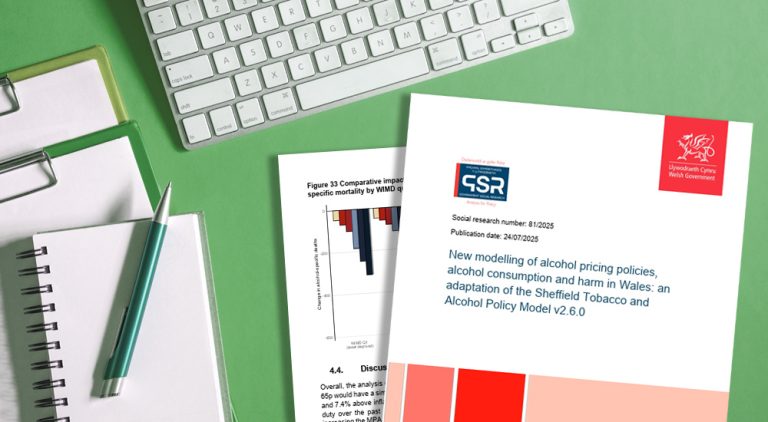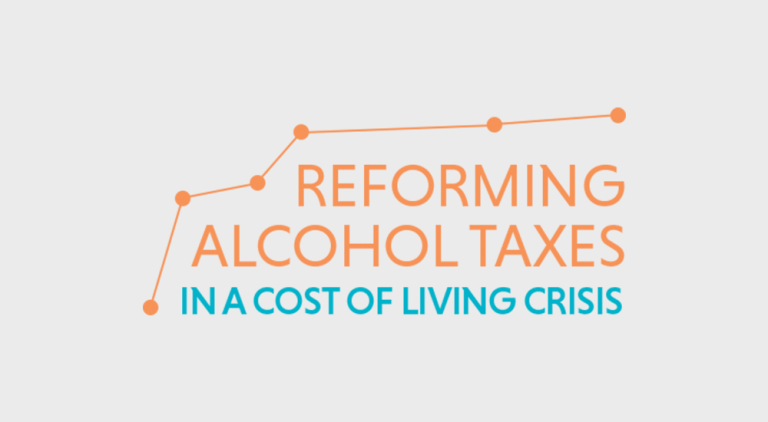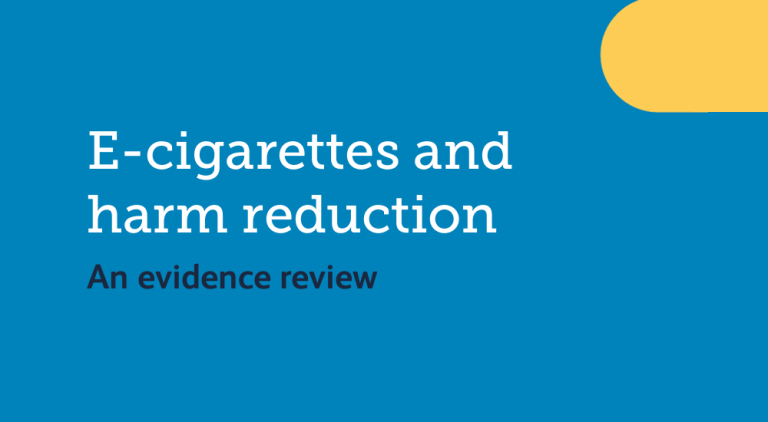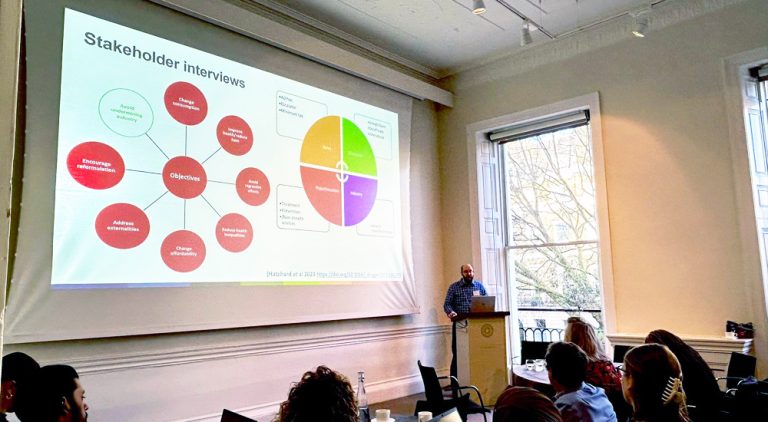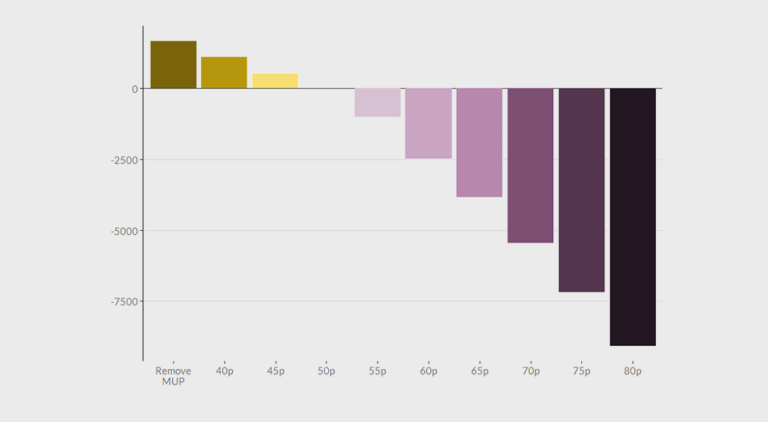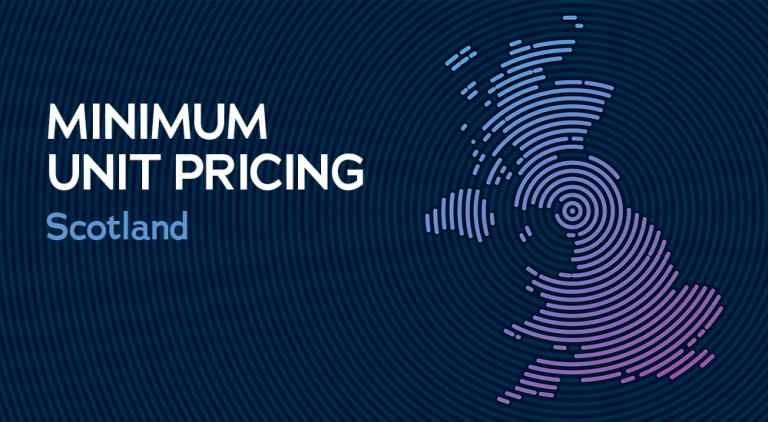The Sheffield Alcohol Policy Model
The Sheffield Alcohol Policy Model (also known as SAPM) provides estimates of the health and economic impacts of a broad range of alcohol policies as well as how these impacts vary across different groups in the population.
Introduction
The development of the Sheffield Alcohol Policy Model began with a commission from the Department of Health in 2008 when the University of Sheffield was tasked with conducting a comprehensive review of the relationship between alcohol consumption, pricing and promotion. This initial research laid the foundation for the development of a sophisticated model capable of assessing the impact of various alcohol policies on health, health inequalities, crime, and employment outcomes.
Development of the model
- Version 1.1: The initial version focused on the impact of pricing and promotion policies, including minimum unit pricing (MUP).
- Version 2.0: Expanded the scope to include changes to alcohol availability, restrictions on licensing hours, advertising controls and screening and brief intervention strategies.
- Version 3: Added the capacity to model the differential impact of alcohol policies on socioeconomic groups and so explore the impact of alcohol policy on health inequalities. It also incorporated new evidence on the link between alcohol prices and purchasing and how the price of alcohol in shops changes in response to tax increases.
- Version 4: Introduced a comprehensive review of the evidence linking alcohol consumption and health as well as new evidence on how the price of alcohol in pubs responds to tax increases.
Versions of SAPM have been used to understand the potential impacts of alcohol policies and inform policy debates and decisions in England, Scotland, Wales, Northern Ireland, the Republic of Ireland and Canada as well as forLocal Authorities in England.
Specific versions of SAPM to model the impact of screening and brief intervention policies have been developed for Italy, the Netherlands and Poland. The components of the model looking at associations between alcohol consumption and health were also adapted to inform the development of low-risk drinking guidelines in both the United Kingdom and Australia.
In 2014 the modelling approach used in the Sheffield Alcohol Policy Model was extended to address both alcohol and tobacco policies. This required modelling the dynamics of both alcohol and tobacco consumption and developing new evidence on their relationship. The resulting model is the Sheffield Tobacco and Alcohol Policy Modelling Platform (STAPM), a powerful tool that can examine the impact of alcohol and tobacco policies in isolation, or together, and which can account for interactions between the two behaviours.
Key impacts of the Sheffield Alcohol Policy Model
The Sheffield Alcohol Policy Model has made significant contributions to the field of alcohol policy research and has had a substantial impact on public health policy and practice:
Informing policy decisions
- Minimum unit pricing: SAPM has been instrumental in informing the development and implementation of minimum unit pricing (MUP) policies in various jurisdictions.
- Alcohol taxation: The model has been used to assess the impact of different alcohol taxation strategies, such as increasing taxes on specific alcohol types or implementing volumetric taxes.
- Advertising and marketing restrictions: SAPM has helped evaluate the potential impact of restrictions on alcohol advertising and marketing on consumption and related harms.
Shaping public health guidelines
- Low-risk drinking guidelines: Estimates from an adapted version of the model were used to inform the UK Chief Medical Officer's low-risk drinking guidelines.
- Screening and brief interventions: The model has been used to assess the effectiveness of screening and brief intervention programmes in reducing alcohol-related harms.
Talk to our experts
To discuss our modelling work drop us a line at sarg@sheffield.ac.uk and we'll get back to you as soon as we can.
Visit the STAPM website for more information on projects, data, code tools, management, resources, models and publications.
Research involving our alcohol and tobacco modelling platforms
-
Natural experimental evaluation of increasing the minimum unit price for alcohol in Scotland to 65p
This natural experimental evaluation will investigate the public health impact of the increase in Scotland's minimum unit price (MUP) for alcohol from 50p to 65p in September 2024
-
New report on minimum unit pricing for alcohol in Wales
The Sheffield Addictions Research Group (SARG) has published a major new report that models the impact of alcohol pricing policies on alcohol consumption and harm in Wales.
-
Reforming alcohol taxes in a cost-of-living crisis
Evaluating the impact of reforms to the UK alcohol tax system, increases to alcohol tax rates, and the current cost-of-living crisis on alcohol consumption, associated harms and health inequalities.
-
No/Lo Project
The No/Lo Project investigates whether non-alcoholic or low-alcohol drinks can improve people's health. These drinks are beers, ciders, wines, spirits that are alcohol-free or contain a little alcohol. We call them no/lo drinks.
-
SARG releases first Budget briefing report
The Sheffield Addictions Research Group has launched an ongoing series of Budget Briefing Notes exploring the potential health and economic consequences of tobacco and alcohol tax changes, beginning with the Autumn 2024 Budget.
-
Budget Briefing Notes
Our rapid-response reports use the Sheffield Tobacco and Alcohol Modelling Platform to offer timely analysis of the potential implications of changes to alcohol and tobacco taxation following UK Government Budget announcements.
-
Minimum pricing for tobacco could help to reduce smoking rates in Scotland, new research suggests
New research from the Sheffield Addictions Research Group has assessed the potential effectiveness of minimum pricing policies for tobacco that could help reduce smoking rates and improve health in Scotland.
-
SARG study on UK alcohol tax reforms published in The Lancet Public Health
A new study published this week in The Lancet Public Health by the Sheffield Addictions Research Group shows that while recent reforms to UK alcohol taxation are a step in the right direction, they are unlikely to significantly improve public health outcomes without further changes.
-
STAPM
The Sheffield Tobacco and Alcohol Policy Modelling Platform (STAPM) research programme aims to identify and evaluate approaches to reducing the harms caused by tobacco and alcohol consumption. By providing policymakers with evidence-based insights, STAPM seeks to improve public health policymaking and commissioning.
-
SYNTAX
The SYNTAX project aimed to provide evidence and tools to inform the potential scale of effects of taxation across tobacco and alcohol as an intervention to improve public health and reduce health inequalities in the UK.
-
SARG contributes to major new report on e-cigarettes
The Sheffield Addictions Research Group has contributed to a major new report on e-cigarettes from the Royal College of Physicians.
-
New SARG study shows that going smoke-free could redirect almost £11 billion a year into local economies
Making England completely smoke-free could free up £10.9 billion and provide substantial benefits to local economies, a new SARG study has shown.
-
Dr Duncan Gillespie speaks on tobacco policy at SPECTRUM event
Leading tobacco policy experts gathered at the Academy of Medical Sciences in London for a three-day workshop hosted by the SPECTRUM Consortium, entitled "Nicotine & tobacco: Current Issues, Policy and Practice".
-
New modelling of alcohol harms in Scotland
The Sheffield Alcohol Research Group has today (20 September 2023) published a major new report on the impact of alcohol pricing policies, alcohol consumption and harm in Scotland.
-
Evaluating the impact of minimum unit pricing in Scotland on harmful drinkers
This project evaluated the impact of Scotland's minimum unit pricing (MUP) policy on people drinking at harmful levels, including those with alcohol dependence.
-
Does minimum pricing reduce the burden of disease and injury attributable to alcohol in Canada?
This research used the Sheffield Alcohol Policy Model to estimate the potential effects of minimum unit pricing (MUP) for alcohol on consumption, spending, and alcohol-related harm in Wales, including health, crime, and absenteeism.
-
Modelling the impact of minimum unit pricing for alcohol in Scotland
Since 2009 the Sheffield Addictions Research Group has undertaken a number of modelling projects for the Scottish Government to appraise the impact of minimum unit pricing (MUP) for alcohol.
-
Modelling the impact of minimum unit pricing for alcohol in Wales
This research used the Sheffield Alcohol Policy Model to estimate the potential effects of minimum unit pricing (MUP) for alcohol on consumption, spending, and alcohol-related harm in Wales, including health, crime, and absenteeism.
-
Appraising the effect of implementing local minimum unit pricing on alcohol consumption and health in the North West of England
This project aimed to provide evidence about what would happen if minimum unit pricing (MUP) for alcohol was introduced by local authorities in North West England.
-
ODHIN
Optimising Delivery of Healthcare Interventions (ODHIN) was an EU-wide project focusing on understanding how best to translate the results of clinical research into everyday primary health care.
-
Interdisciplinary Alcohol Policy Research Programme
The overarching aim for this ambitious programme of research was to lead a step-change in capabilities for robust scientific appraisal of new and existing alcohol policy interventions by substantially developing and updating the Sheffield Alcohol Policy Model.
-
Independent Review of the Effects of Alcohol Pricing and Promotion
Reports commissioned by the Department of Health to investigate the effects of pricing and promotion on alcohol consumption and related harm in the UK.


